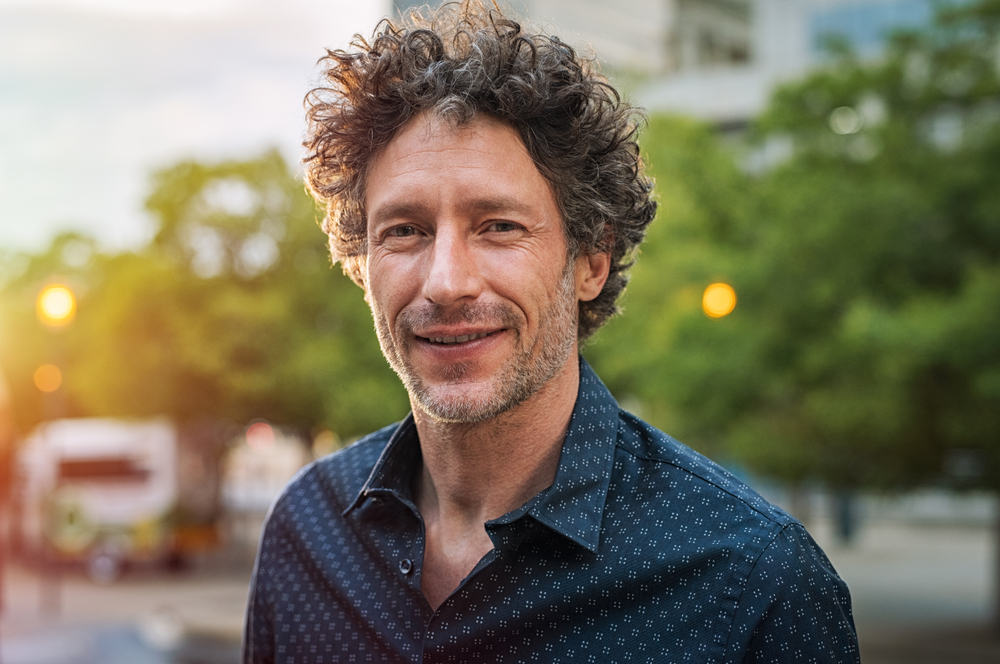When you’ve been through the trials and tribulations of active addiction, you may have a hard time moving on. Those caught up in substance abuse often make poor choices and hurt others in the process. Sometimes, treatment can bring up shameful memories and negative thoughts about those actions. This is why self-compassion is crucial for those in early recovery.
Self-Compassion Explained
Having compassion for yourself isn’t much different from having compassion for your loved ones. Think about what happens when you feel compassionately towards a family member who is struggling. The steps of this process are:
- We notice that someone is suffering.
- We feel moved by their plight.
- We help them in whichever ways we are able.
- We understand that everyone makes mistakes.
Instead of mercilessly judging our family member, analyzing their shortcomings, or criticizing their choices, we provide support, empathy, a shoulder to cry on, and potential solutions for the future.
When you’re reflecting on the things you did in active addiction, feelings of shame and guilt may surface. In the moment, you may be tempted to wallow in those emotions or beat yourself up. However, self-compassion encourages you to treat yourself the way you would treat a loved one in the same situation.
Kindness and Compassion
Making kindness a priority isn’t just a path to an improved mood. Science shows that generosity and consideration – for yourself or others – can provide a host of benefits. Those who put compassion first experience a natural boost of serotonin and dopamine; their brains also release endorphins. This is especially helpful for those in early recovery, whose reward systems have been impacted by substance abuse.
There are also other factors to consider. Kindness increases empathy, connection, and self-esteem, which in turn promote:
- Decreased blood pressure
- Decreased levels of cortisol (the stress hormone)
- Improved health and longer life expectancy
- Decreased loneliness
- Enhanced relationships
- Increased social interaction
Be Kind to Yourself
Self-compassion is all about finding a way to relate to yourself with kindness, connection, and mindfulness. Below are the three key components of this mental art.
Self-Kindness: The most accessible form of self-compassion, positive self-talk, can help to advance your recovery and improve your mental health. Instead of criticizing yourself, cultivate a warm, understanding inner voice. Follow a modified version of the Golden Rule: if you wouldn’t say it to your friend, neighbor, or family member, don’t say it to yourself!
Feelings of Common Humanity: Much of self-compassion is rooted in Buddhist philosophy. This mindset encourages us to remember that suffering is a common feature of humanity. We will all lose a loved one, and many of us will struggle with addiction or other problems. This is a part of life. Adopting a broader perspective helps to lessen feelings of loneliness when times are tough.
Mindfulness: Many treatment centers provide lessons about mindfulness to those in early recovery. This approach can be helpful for those seeking to find their center, calm down, and change their mindset in the midst of a crisis. We recommend practicing a self-compassion meditation whenever you need some distance from overwhelming emotions.
Developing Self-Compassion: Questions to Ask Yourself
Cultivating self-compassion takes time, especially if you’re not used to reflecting on these matters. Here are a few quick questions to ask yourself – they’re very similar to those you would ask a friend who was in a similar situation.
What do you need?
Surprisingly, researchers have found that we’re not very good at asking ourselves this question (or at answering it). Stress can jumble our thoughts, making it difficult to understand whether we have neglected any of our needs. Remember the adage of HALT: if you are hungry, angry, lonely, or tired, these issues should be resolved as soon as you are able.
How do you already care for yourself?
Think about the way that you function during “good times.” Do you take regular walks around the block? Catch up with a parent on the phone? Spend weekends in the woods? Listen to a favorite album? Remember these tried and true self-care items and incorporate them into your mission for self-compassion.
What would you say to a loved one in this situation?
If you’re feeling upset, rueful, or anxious, you may be in the middle of a spiral of negativity. Take a moment to consider the tone of voice you would take with a child, spouse, or close friend. That gentle approach is one you should apply to yourself. Validate your feelings, soothe yourself, and then prepare for what comes next.
How can you take action?
Self-compassion isn’t just about kind words and understanding. It also involves advocating for ourselves and creating a happier life. Whether you take action by making amends, protecting your sobriety, or finding a source of comfort, this is a crucial component of mental health and lasting recovery.
Addiction Help in the PNW
Lakeside-Milam has helped more than 100,000 alcoholics and drug addicts to find recovery through our evidence-based programming. We balance 12-Step philosophy with clinical sophistication and mental health interventions for proven outcomes. Contact our admissions office for more information about treatment, insurance coverage, and levels of care.






